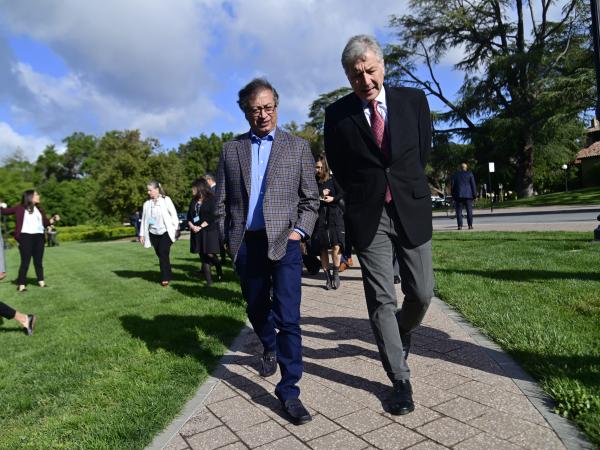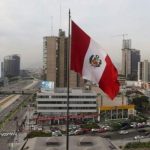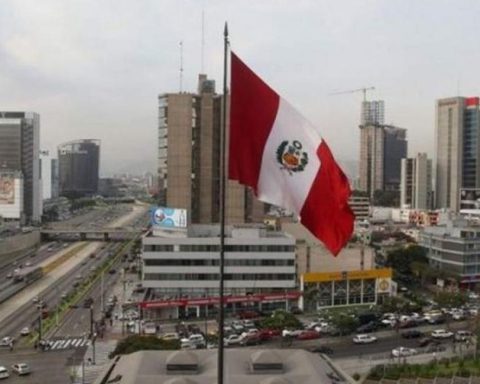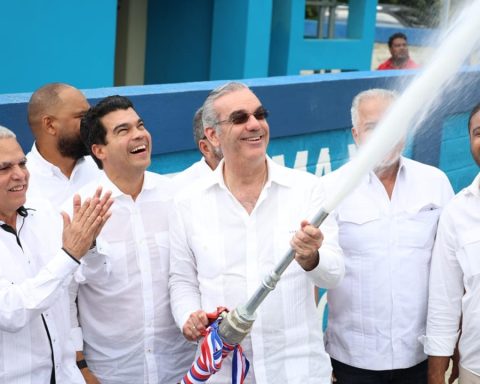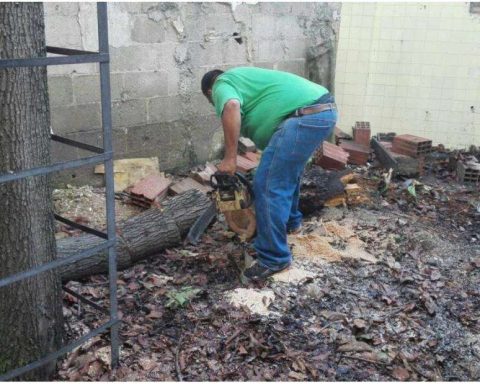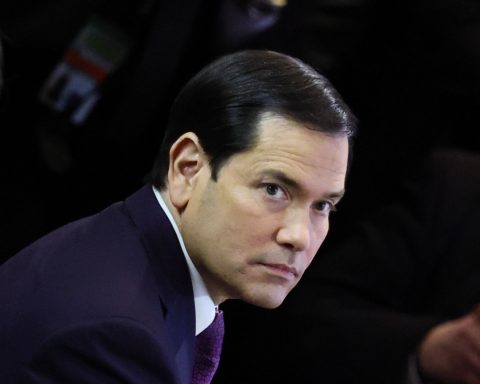On his second day at work USAin the middle of his official visit to that country, the President Gustavo Petro visited the Stanford University, in Palo Alto (California)where he met with students and managers and participated in a discussion, in which clean energy was the center.
Prior to his masterful talk, “Challenges of climate change, economic growth and social inclusion that have historically plagued development in Latin America”, the president met with students from the university, with whom he shared his positions in relation to the environment, energy transition, bioeconomy, climate crisis and proposals on the transformations for the country.
(Health: the proposals that the parties did not accept).
“We have enormous potential, and it is that we are the region of the world, according to current technologies, with the greatest capacity to generate clean energy. Therefore, we would have an important role to play in the hypothetical and future scenario of a decarbonized economy.”, Petro assured before the audience.
The president was emphatic that progress is needed in the decarbonization of the economies, something that could take between ten and twenty years, according to the president in relation to some scientific studies. For the President, the development of its clean energy potential implies that “Latin America would win.”
(Approve second debate to ban ‘fracking’ in Colombia).
With this temporary panorama, according to Petro, it would be a task for this government and the next administration to define the path that the country requires.
Among his arguments, Petro assured that in the scientific theory of the climate crisis “there is a point of no return, a point where, whatever you do, the effects are already irreversible and growing, regardless of the will of the human being”.
(Petro’s response to parties that will not support the health reform).
For this reason, he specified the need to speed up the decisions for this transition: “They must be taken quickly, as the climate crisis clock is ticking”.
Finally, Petro mentioned that it is a mistake to continue insisting on the extractivist economies of the Petroleum and coal as the basis of the economic development of Latin America and, in general, of the world.
(Monomers: what is their possible purchase by Colombia about)
“It is a huge mistake. This is the discussion in my country, which has lived off oil for decades. It is a huge mistake, first, economic, because humanity has to give up oil and coal. So to depend exclusively on that is to depend on a thread that is going to break.“, said.
Hand in hand with this, the President criticized the current economic model, and asked his audience if capitalism can overcome the climate crisis? “From the pure concept of political economy, the answer is no.“, said.
(Colombia will invest US$150 million to protect the Amazon).
According to Petro, it is necessary to plan the transition towards a decarbonized economy and, hand in hand with this, the leadership of a new “public power, which is the people themselves, capable of carrying out and making this transition a reality“.
At the end of the speech on the climate crisis, the President met with the president of the stanf universityord, Marc Tessier-Lavigneand the Colombian president also met yesterday with Michael McFaul, director of the Freeman Spogli Institute.
BRIEFCASE
